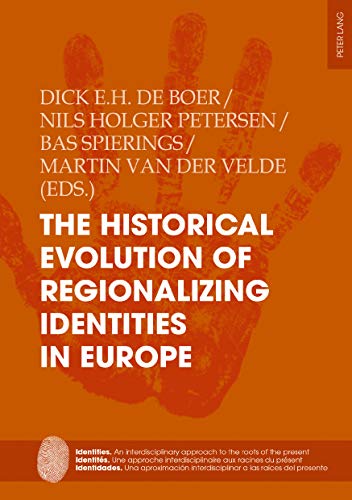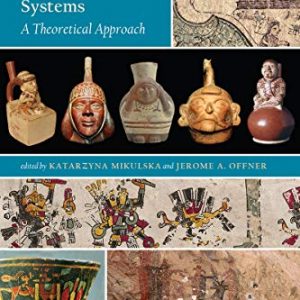This book adopts a multidisciplinary and novel approach to the historical evolution of identities in Europe – identities connected with regions as a multi-layered and processual key concept in dialogue and/or conflict with the emerging nation-state. In the book, historical disciplines meet with anthropology, human ge-ography and cultural studies to discuss how regional identities of various kinds were created, challenged and redefined; how they were experienced and expressed and to what extent they produced feelings of attachment.
Spatial, social, cultural and political manifestations of identities in Europe are historical phenomena. Their changes and forms help us understand the essential traits of European societies, in-cluding the development of differences and similarities, degrees of attachment and dynamics of physical and mental borders. Drawing on a wide range of sources – from historiography to in-terviews, hagiographical texts, images and songs – expressing evolving identities, this book presents an innovative approach to understanding identity formation in Europe.
Spatial, social, cultural and political manifestations of identities in Europe are historical phenomena. Their changes and forms help us understand the essential traits of European societies, in-cluding the development of differences and similarities, degrees of attachment and dynamics of physical and mental borders. Drawing on a wide range of sources – from historiography to in-terviews, hagiographical texts, images and songs – expressing evolving identities, this book presents an innovative approach to understanding identity formation in Europe.











